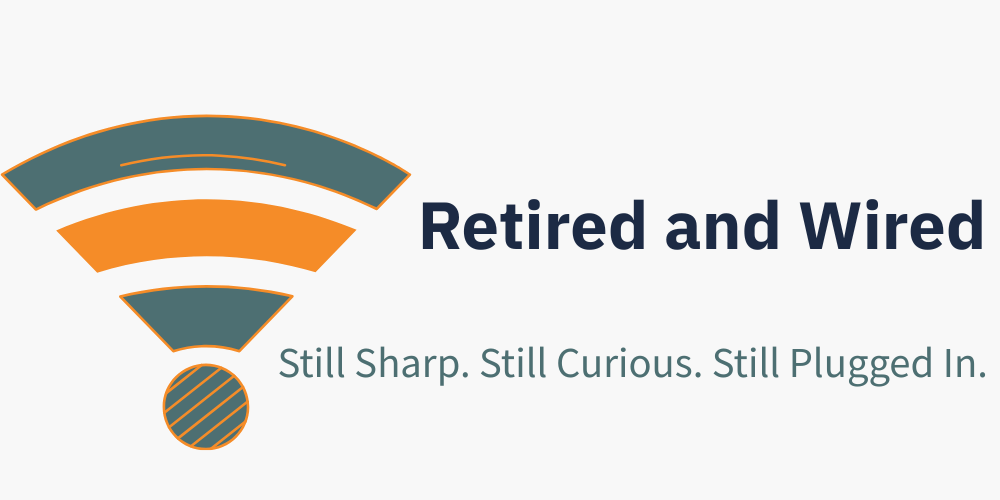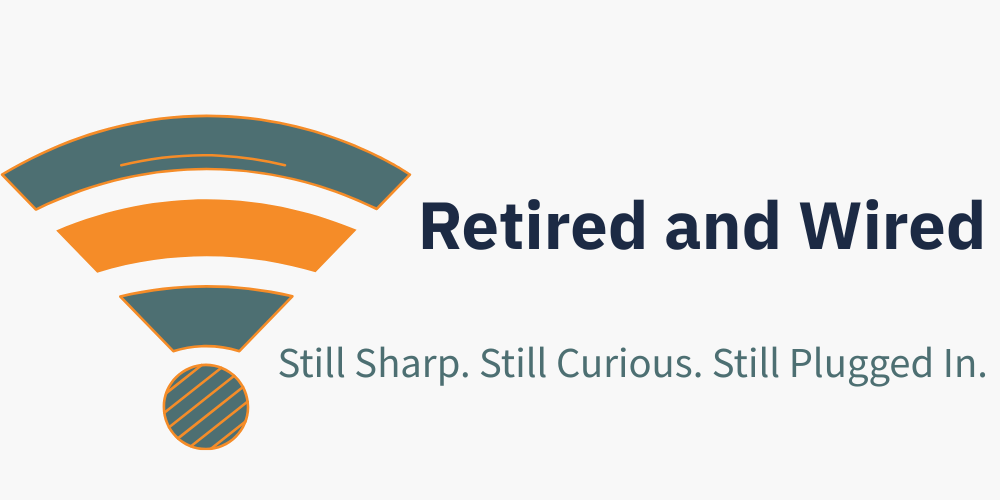How to Safely Unsubscribe (Without Getting More Spam)
A simple guide for smart users who are tired of shady offers and "FREE trial" emails
Meet the Sneaky Unsubscribe Trap
You open your email and think, “This newsletter again? I didn’t even sign up for this!”
You scroll, sigh with relief when you finally spot the "Unsubscribe" link… but should you click it?
Maybe. But maybe not.
Some unsubscribe links are perfectly safe — while others are bait. Clicking the wrong one might make your spam problem worse.
So how do you tell the difference?
✅ When It’s Safe to Click “Unsubscribe”
Here’s when to go ahead and click away:
It’s a company or website you recognize and occasionally buy from
You’re on a newsletter list you manually signed up for (maybe back in 2015…)
It looks well-designed, spells your name right, and comes from a business email
Look for:
A clear “unsubscribe” link at the bottom
An email sender address that matches the website ("@costco.com", not "@randomoffers-22.ru")
These are typically following email marketing laws (like CAN-SPAM), which require clear opt-outs.
🚩 When to Avoid Clicking “Unsubscribe”
Sketchy unsubscribe links can:
Confirm to spammers you exist (and make you a bigger target)
Send you to a phishing site
Ask for personal info (never give it!)
Common red flags:
Weird grammar or spelling errors
Suspicious email addresses (like @freemoney.biz)
No company branding or email footer
In those cases? Don’t click. Just hit Report Spam or Delete, as we’ll cover in our next guide.
🧠 Unsubscribe Like a Pro
Make a weekly habit:
Review emails from stores or lists you don’t care about
If legit → click Unsubscribe
If not sure → just mark it as Spam and move on
Your inbox will thank you — and so will your brain.
Call to Action:
📫 Want to keep your inbox clean and safe? Learn how to block bad senders in the 3-Button Spam Strategy: Block, Report, Delete
Let us know what you think in the comments!
Categories
Newsletter
Subscribe to the newsletter and stay in the loop! By joining, you acknowledge that you'll receive our newsletter and can opt-out anytime hassle-free.
Copyright: Retired and Wired - 2025




